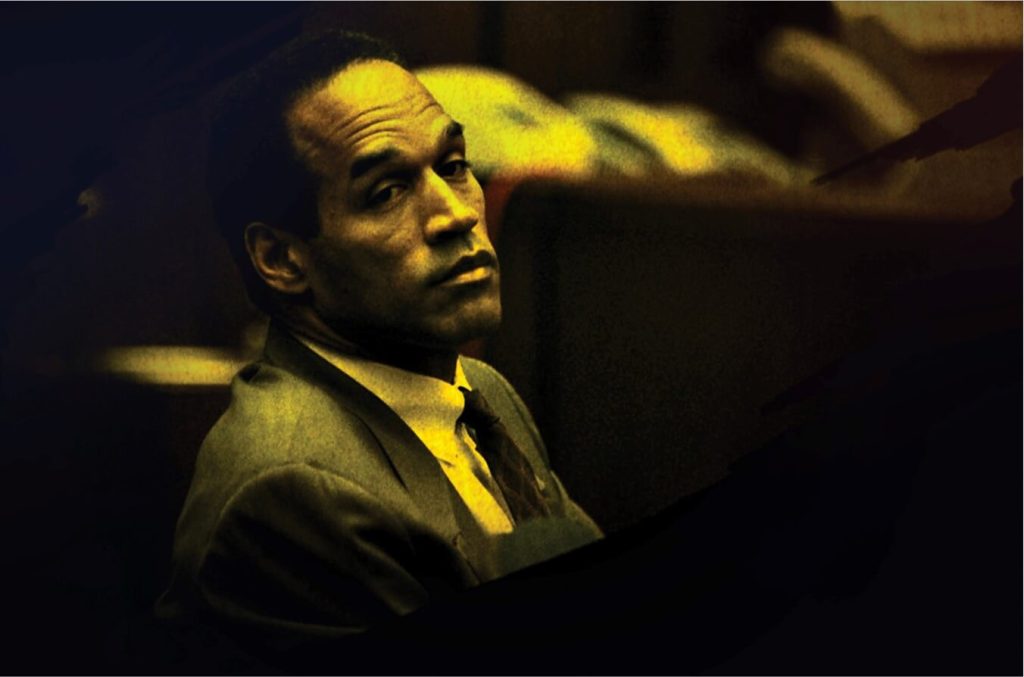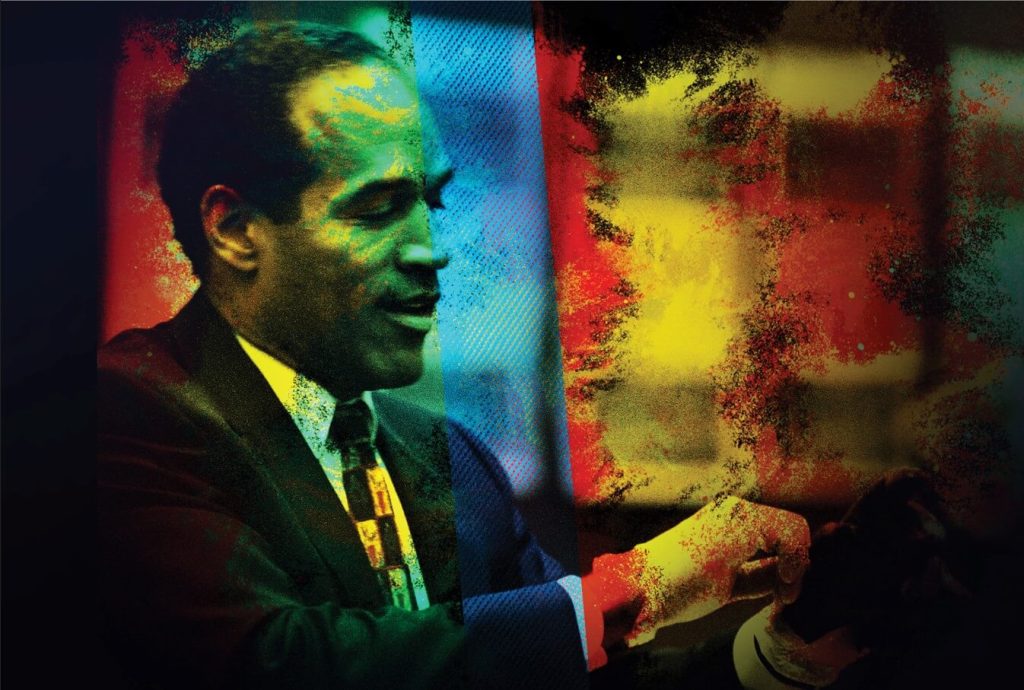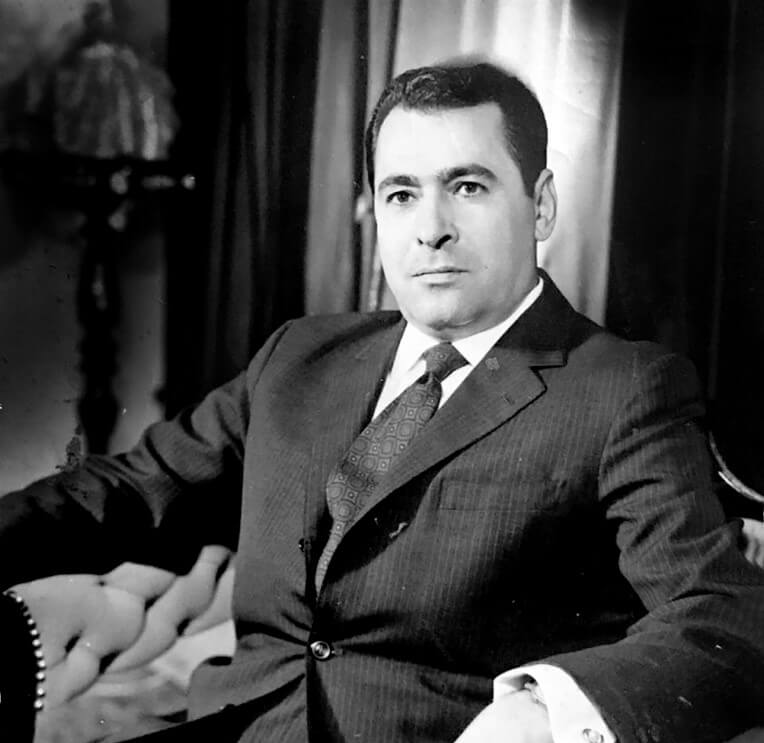Remembering O.J. Simpson: A Complex Legacy

O.J. Simpson, the former NFL star and central figure in what was dubbed the “Trial of the Century,” passed away yesterday. His death marks the end of a tumultuous public life that was filled with both remarkable achievements and profound controversies.
From Sports Hero to Accused Murderer
Orenthal James “O.J.” Simpson rose to fame as an American football player, known for his exceptional talent and charismatic personality. He won the Heisman Trophy in 1968 and enjoyed a successful career in the NFL, primarily with the Buffalo Bills. His transition from sports to the entertainment industry seemed seamless, with Simpson enjoying roles in films and commercials, becoming a beloved figure in American pop culture.

However, Simpson’s life took a dramatic turn on June 12, 1994, when his ex-wife Nicole Brown Simpson and her friend Ronald Goldman were brutally murdered outside Brown’s home in Brentwood, Los Angeles. Simpson quickly became the prime suspect, and what followed was a highly publicized arrest after a dramatic freeway chase broadcast live to millions.
The Trial of the Century
The trial began on January 24, 1995, and became a national obsession, highlighting deep racial tensions and the growing influence of media in the courtroom. Simpson’s “Dream Team” of defense lawyers argued that he was the victim of a racist police force that had mishandled evidence. The prosecution, relying heavily on DNA evidence and the history of Simpson’s domestic abuse, painted him as a jealous ex-husband capable of murder.

A pivotal moment in the trial was the demonstration involving a pair of gloves used in the murders, which Simpson struggled to fit on his hands in a courtroom demonstration. This led to Johnnie Cochran’s memorable defense line: “If it doesn’t fit, you must acquit.” The jury acquitted Simpson on October 3, 1995, in a verdict that polarized the nation.
Life After the Verdict
Though Simpson was acquitted of the murder charges, his legal battles continued. In 1997, he was found liable for the wrongful deaths of Nicole Brown Simpson and Ronald Goldman in a civil trial, resulting in a $33.5 million judgment against him. Simpson’s life post-trial was marked by further legal issues, including his 2008 conviction for armed robbery and kidnapping in Las Vegas, for which he served nine years in prison before being released in 2017.
Legacy and Reflections
O.J. Simpson’s death brings an opportunity to reflect on his complex legacy. To some, he was a groundbreaking athlete and charismatic personality whose potential was overshadowed by his legal and personal troubles. To others, he remains a figure emblematic of America’s struggles with celebrity culture, racial injustice, and the inefficiencies of the legal system.

As we remember Simpson, we are reminded of the myriad ways in which his life story intersects with broader societal issues, leaving behind a legacy that continues to provoke thought and debate. His death marks not just the end of a life but also the closure of a chapter in American cultural history, one that will be analyzed and debated for years to come.






